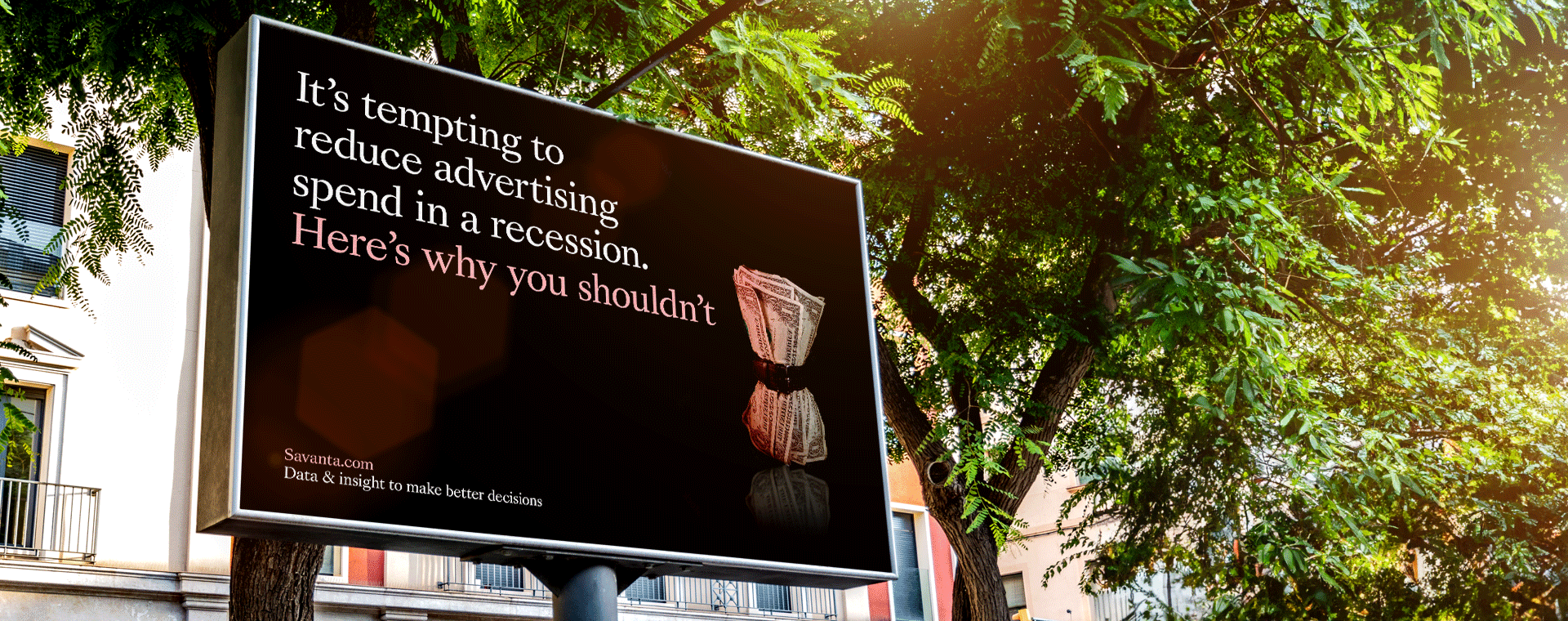
In recent years, there has been a growing debate surrounding the value of standardized testing in college admissions and post-college testing, with Columbia University being one of the first Ivy League colleges to go test optional indefinitely. Savanta drew insights on Americans who have taken the SAT/ACT, plan to take it shortly, or did not take it as a student, and found that over half of Americans agree that the SAT/ACT is outdated.
43% of millennial respondents believe that the weight of the SAT and ACT will shift to what high school the student attended.
Critics argue that such tests, such as the SAT and ACT, have long been biased against certain groups, including low-income and underrepresented minority students, and additionally fail to accurately measure a student’s potential or ability to succeed in college or the workforce. Among those that strongly agree that students from families with higher income have higher SAT/ACT scores, millennials were among the highest generation (23%).
Many universities are starting to move towards a more holistic approach to evaluating applicants that considers a range of factors beyond just standardized test scores. Admissions officers are increasingly looking at a student’s extracurricular activities, leadership skills, community involvement, and personal essays to get a more complete picture of who the student is and what they might bring to the university.
As the application process evolves, and this seemingly natural progression takes shape, many are looking to identify what factors will hold more weight once standardized testing are nixed or deemed optional across the application. These predicted identifiers are dissimilar across generations. 79% of Gen X respondents believe that the weight of the SAT and ACT will shift to GPA or letter grades. Alternatively, almost half of millennial respondents (43%) believe that the weight of the SAT and ACT will shift to what high school the student attended. And amongst men, over a third of male respondents believe that the weight of the SAT and ACT will shift to certification or awards (37%), and extracurriculars (37%).
In response to this criticism, many colleges and universities have made standardized tests optional or eliminated them altogether from their admissions process. This has been particularly true during the COVID-19 pandemic, as many testing centers were closed or operating at reduced capacity. And many believe that this trending shift in applications will stick. 90% of Gen-Z respondents believe that this new norm of “test optional” universities and colleges will continue. However, Gen X and Boomer II+ respondents are less convinced, with 21% and 22% respectively believing this ‘new norm’ will come to an end.
In addition, many universities are rethinking the use of standardized tests like the GRE and GMAT in the application process, with some schools moving towards a more holistic approach to evaluating candidates that considers a wider range of skills and experiences. A majority of Gen Z respondents (78%) believe that there will be revisions to change or completely reject postgraduate and graduate standardized tests. Although almost half of Boomer II+ respondents reject the notion there will be revisions to change or completely negate postgraduate and graduate standardized exams.
While standardized testing is likely to remain a part of the education landscape for the foreseeable future, it is clear that perceptions around its usefulness are shifting.
To learn more about the research we do across the public sector click HERE, as well as learn more about our Youth Panel HERE.





